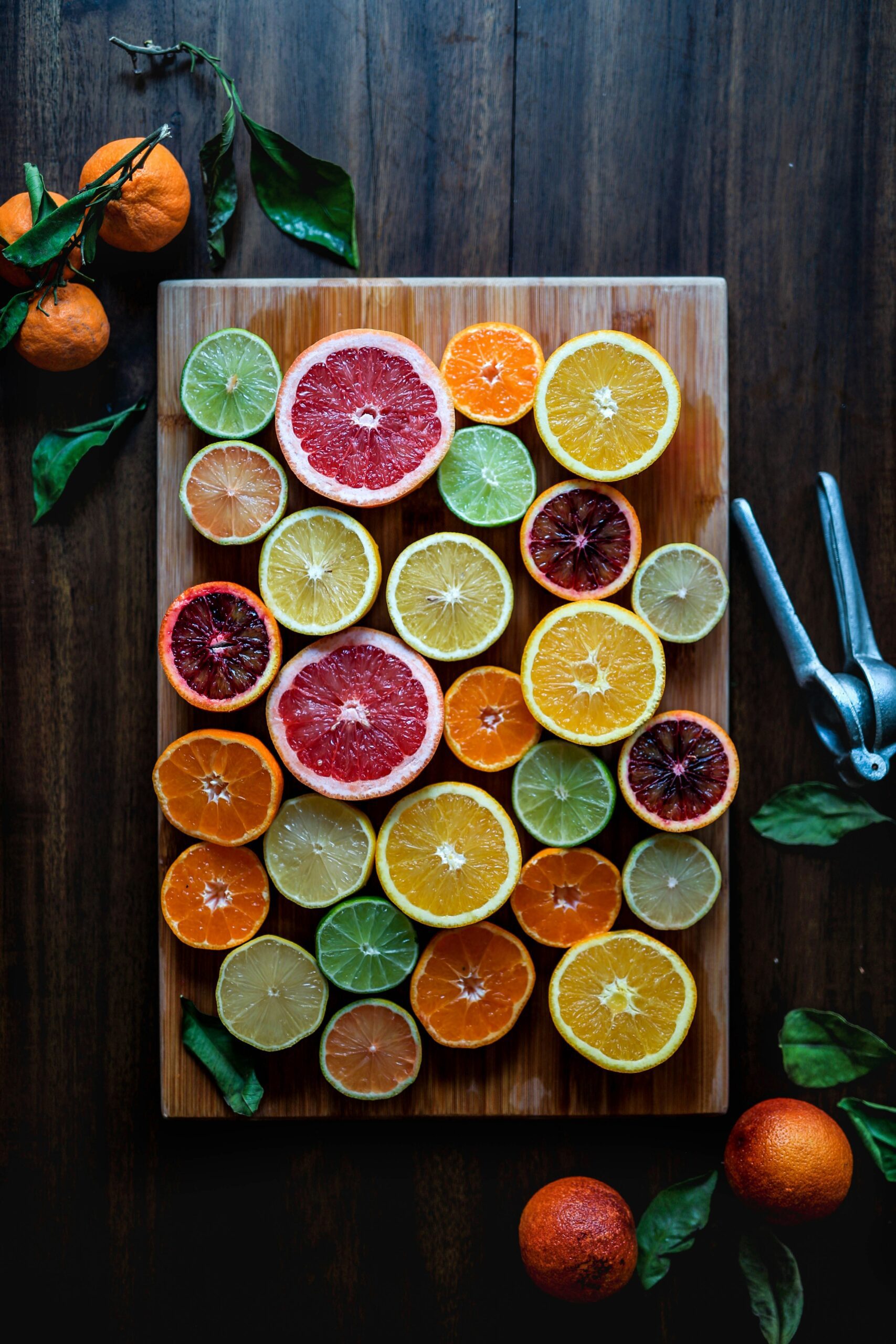

Introduction to Gut Health
Gut health is a hot topic these days, and for good reason. Our digestive system plays a crucial role in our overall well-being, impacting everything from our energy levels to our mood. If you’ve ever experienced bloating or discomfort after a meal, you know how important it is to keep your gut happy.
But what exactly does “gut health” mean? It refers to the balance of bacteria and microorganisms living in your intestines. A healthy gut can aid digestion, boost immunity, and even influence mental health. So how do we achieve this state of harmony within? The answer lies largely in the foods we eat.
In this guide, we’ll explore the essentials of gut health—what it means and why it’s vital for everyone. We’ll dive into specific foods that can enhance digestive function while shedding light on probiotics and prebiotics. Plus, we’ll discuss lifestyle factors that can impact your gut’s happiness.
Let’s embark on this journey towards understanding how small dietary changes can lead to significant improvements in your digestive wellness!
The Importance of a Healthy Digestive System
A healthy digestive system is the cornerstone of overall well-being. When our gut functions optimally, it breaks down food efficiently and absorbs nutrients effectively.
An improved digestive process boosts energy levels. You feel more vibrant and ready to take on each day.
Moreover, a balanced gut flora plays a pivotal role in maintaining immune health. A thriving microbiome can help ward off infections and illnesses.
Mental health also ties closely to digestion. Recent studies suggest that gut health influences mood and cognitive function, impacting everything from anxiety to focus.
Conversely, digestive issues like bloating or discomfort can disrupt daily life significantly. This emphasizes the need for nurturing our gastrointestinal tract through mindful eating choices and lifestyle habits.
Foods That Promote Good Gut Health
When it comes to gut health, the right foods can make all the difference. Start your day with fiber-rich oatmeal. It’s not only filling but also gives good bacteria a boost.
Fruits and vegetables are your best friends. Think bananas, berries, and leafy greens. They’re packed with essential nutrients that nourish your digestive system.
Fermented foods deserve a spotlight too. Yogurt, kimchi, and sauerkraut introduce beneficial probiotics into your diet. These tiny organisms play a crucial role in maintaining gut balance.
Whole grains like quinoa and brown rice provide extra fiber for smoother digestion. Plus, they keep you full longer.
Nuts and seeds are excellent snacks loaded with healthy fats while supporting gut flora diversity.
And don’t forget about hydration! Drinking plenty of water aids digestion by helping food pass through the intestines more smoothly.
Probiotics and Prebiotics: What They Are and How They Help
Probiotics are live microorganisms that provide health benefits when consumed. They’re often referred to as “good” bacteria because they help maintain a healthy balance in your gut. You can find them in fermented foods like yogurt, kefir, sauerkraut, and kimchi.
Prebiotics, on the other hand, are non-digestible fibers that feed these beneficial bacteria. Foods rich in prebiotics include garlic, onions, bananas, and asparagus. By nourishing probiotics with prebiotics, you support their growth and activity.
Together, they play a vital role in digestive health. Probiotics can aid digestion by breaking down food more effectively while preventing harmful bacteria from taking over. Prebiotics enhance this effect by ensuring a thriving environment for good bacteria.
Incorporating both into your diet promotes gut diversity and overall wellness. A balanced mix of probiotics and prebiotics is key to maintaining harmony within your digestive system.
Lifestyle Factors That Affect Gut Health
Your lifestyle choices play a significant role in shaping your gut health. Stress, for example, can wreak havoc on your digestive system. High stress levels often lead to imbalances in gut bacteria and may trigger gastrointestinal issues.
Sleep patterns are equally important. Poor sleep can disrupt the natural rhythms of digestion and negatively impact gut flora. Prioritizing restorative sleep helps maintain that delicate balance.
Physical activity is another factor to consider. Regular exercise encourages healthy digestion by promoting regular bowel movements and boosting overall well-being.
Hydration should not be overlooked either. Drinking enough water nourishes the digestive tract and aids nutrient absorption, creating an environment where beneficial bacteria thrive.
Smoking and excessive alcohol consumption can harm your gut lining, leading to increased inflammation and discomfort. By making mindful choices in these areas, you set the stage for better gut health long-term.
Conclusion: Making Small Changes for a Happier Gut
Making small changes to your diet and lifestyle can lead to significant improvements in your gut health. Start by incorporating more fiber-rich foods into your meals. Think whole grains, fruits, vegetables, and legumes. These not only provide essential nutrients but also fuel the beneficial bacteria in your digestive system.
Consider adding probiotics as well. They can be found in yogurt, kefir, sauerkraut, and other fermented foods. These live microorganisms help restore balance and promote a healthy gut environment. Prebiotics are equally important; they serve as food for these good bacteria and are present in garlic, onions, bananas, and asparagus.
Don’t forget about hydration! Drinking plenty of water aids digestion and helps maintain the mucosal lining of the intestines.
Additionally, reviewing lifestyle habits is key. Aim for regular exercise which enhances overall health while supporting digestive function. Stress management techniques such as yoga or meditation can also have a positive impact on gut health.
By making these gradual adjustments to what you eat and how you live each day—a happier gut might just be around the corner.
